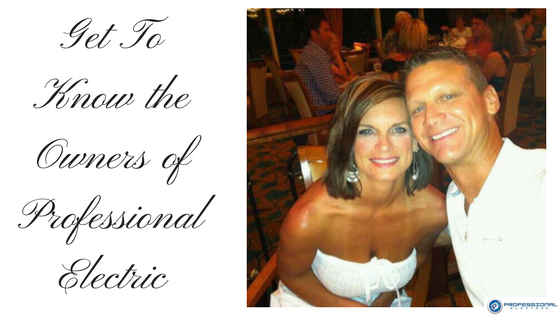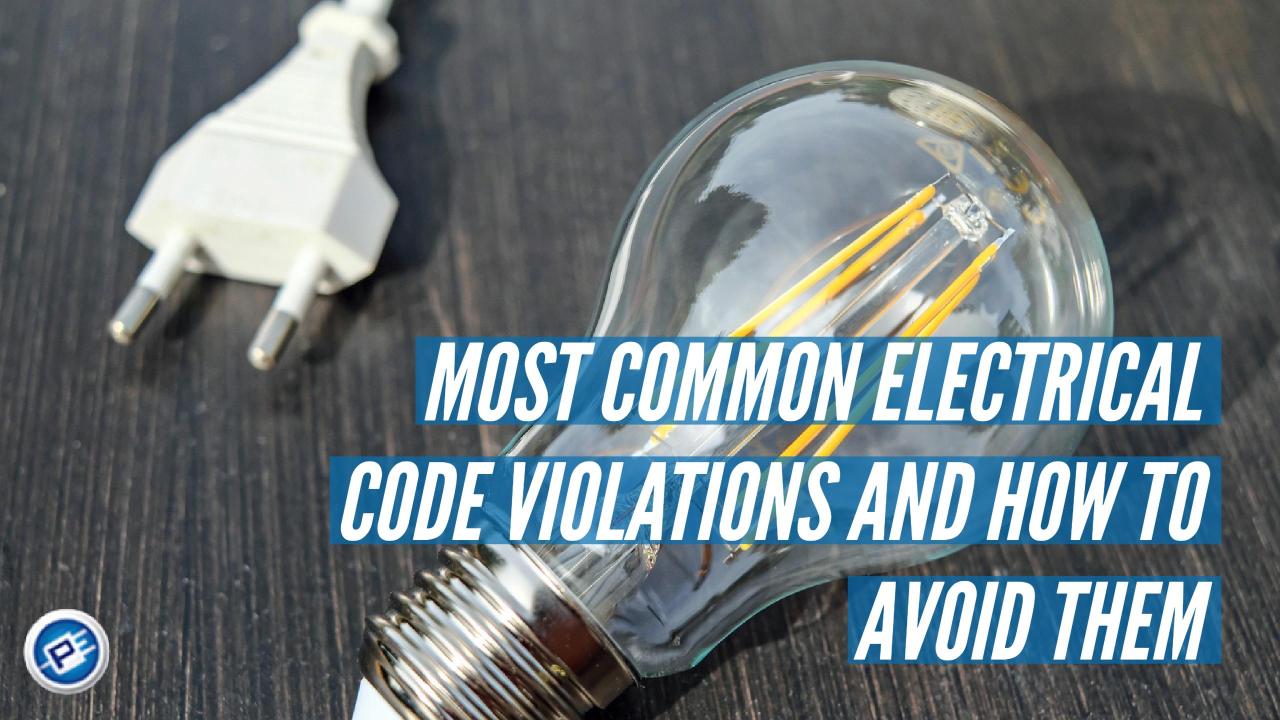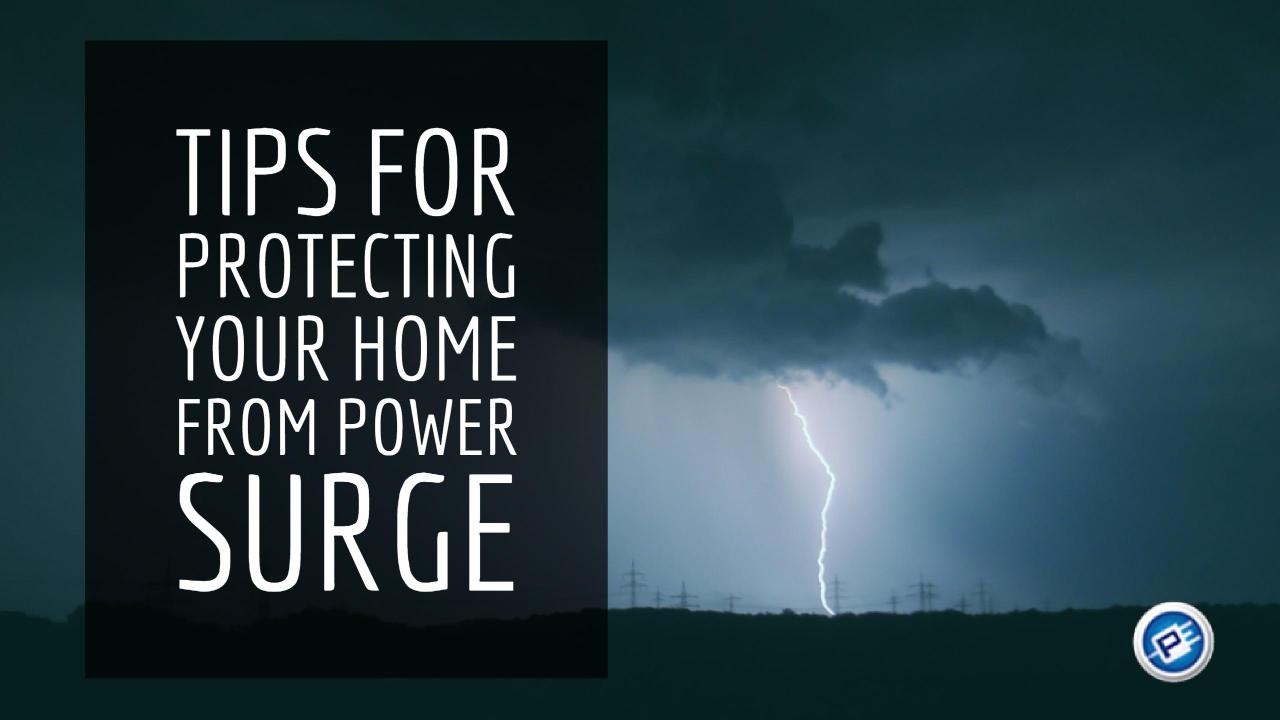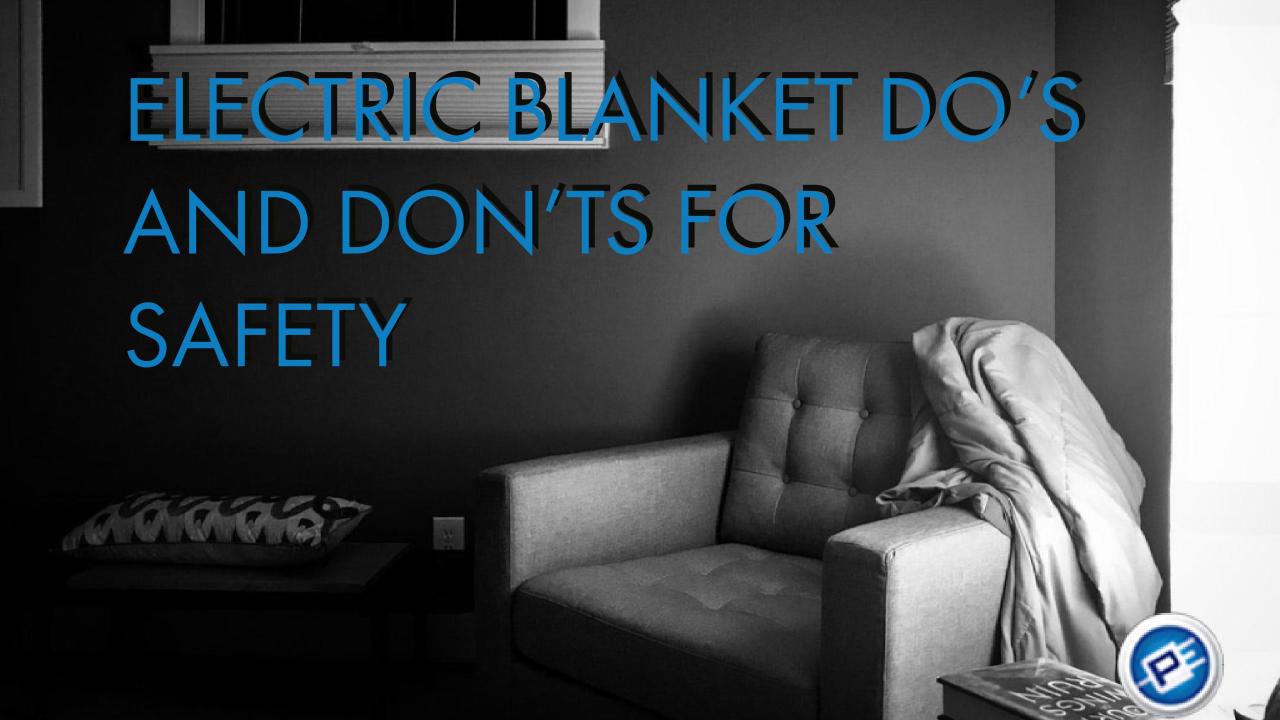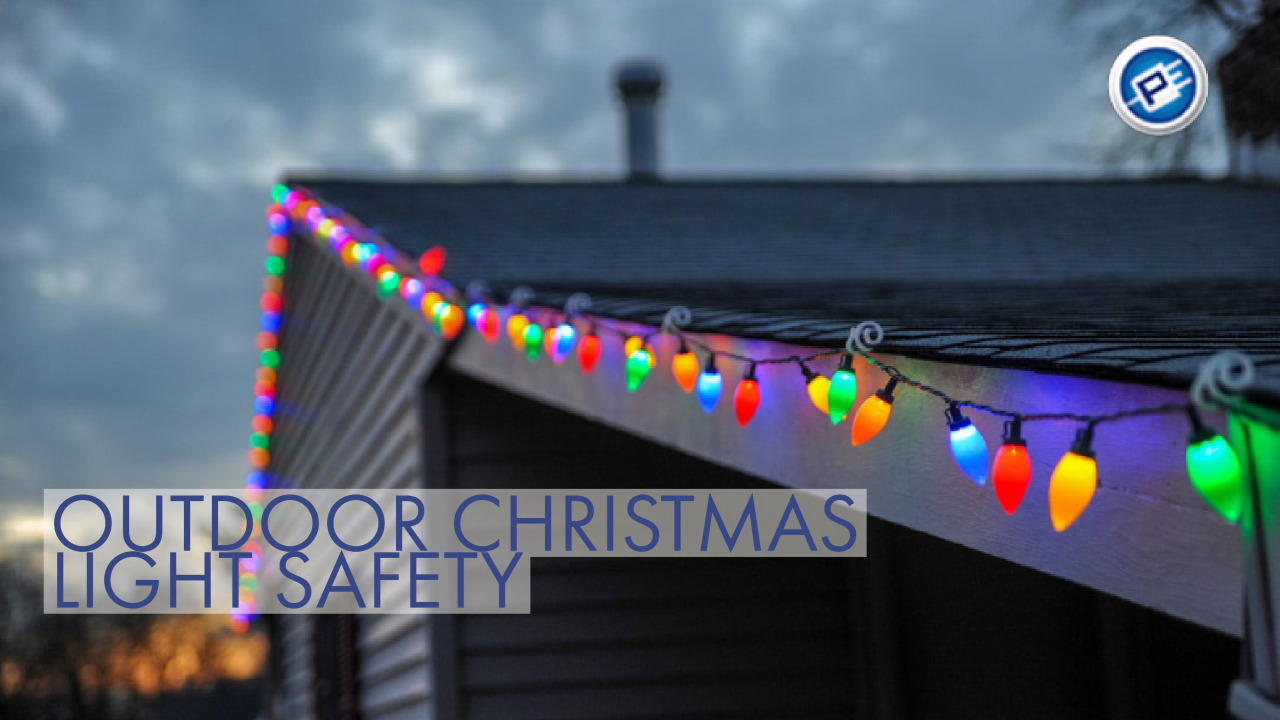Static electricity is an accumulated charge caused by an imbalance of electrons and protons on things around us. Rubbing two materials together may slough off an atom or two as they touch. This creates an imbalance in one of the materials, which sits there waiting for an opportunity to balance itself when something with a corresponding imbalance comes close enough. The balancing discharge causes a pop of electricity or a static discharge. Because this voltage is just sitting there, is it called static. As it seeks to move to something else, the movement classifies it as current electricity, and no longer static.
Although the pop and momentary shock are discomforting, they generally are not dangerous. Many of us are aware of certain places where we tend to get shocked more often, such as the wool carpet at work, or we know from experience that a certain item may discharge often. These little shocks won’t hurt us. They won’t damage our pacemakers or cause mental issues. Often, we can eliminate this issue by simply humidifying the air, allowing it to be more conductive. Ionizers also help correct the problem.
Static electricity in the wrong environments, however, may be dangerous. Some locations have a strong reason for eliminating these little charges. Agricultural businesses, such as grain storehouses, accumulate dust which is easily ignited by a spark. The resulting explosions are lethal. Another danger with this type of set-up is that the actual movement of the grains as they are transported from truck to silo can accumulate a static charge. This sort of build up is usually thought out and the equipment is well grounded, but the transient sparks from other sources can be very explosive. Power tools are usually prohibited in these areas.
Pharmaceutical plants, manufacturing facilities, and other factories using chemicals and gases which are explosive must protect themselves and you from explosions. These places usually have required grounding of any moving item to eliminate static build-up, and tools are also closely monitored or prohibited.
Many locations which handle electronic devices will also protect them by utilizing grounding straps on any humans or moving objects. A small electronic charge is capable of damaging semiconductors, rendering a circuit board inoperable. Many times, these boards are also wrapped in insulating bags to help avoid contact with static charges. As our electronics become smaller and smaller, the charges necessary to damage them are correspondingly smaller. Static electricity becomes more and more of an issue.
Another situation which illustrates the danger of static shock is lightning, which is the discharge of ions, imbalanced as weather fronts collide. The lightning bolt is a huge static spark with the current seeking “earth ground”. We all understand the dangers associated with this type of static electricity. Because of the high voltage in this example, death is a possibility. Herds of livestock have been killed by one bolt of lightning. Fires have started. Lightning may be the deadliest static discharge of all.
Visit us online at www.ProfessionalElectric.biz and connect with us on Facebook and Twitter! We are available 24/7 for emergency services. Mobile, Alabama: (251) 473-5788 Baldwin County: (251) 929-8957.
© Southern View Media 2017: Reproduction without explicit permission is prohibited. All Rights Reserved.



